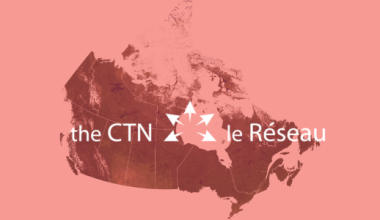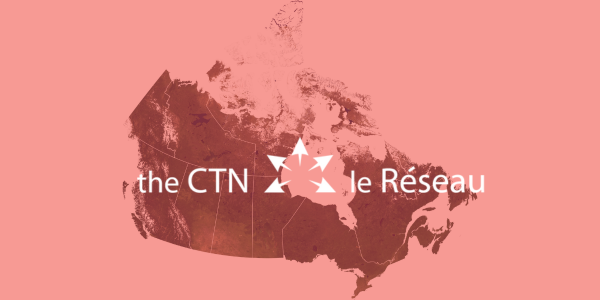Injection drug use can put people at higher risk for serious medical, social, and legal difficulties, including HIV, hepatitis C, overdose, stigmatisation and criminalization. In 2015, an estimated 17.8% of people who inject drugs (PWID) globally were living with HIV. Risk factors for injection drug use include homelessness and unemployment, as well as the chronic use of some other non-injection drugs like crack, powder cocaine, opiates and crystal methamphetamine.

Dr. Hudson Reddon, CTN Postdoctoral Fellow, discusses his project which aims to describe the effect of cannabis legalization on injection drug use and HIV risk
The so-called gateway hypothesis, which suggests that certain types of drug use promote the use of ‘harder’ illicit drugs, has been the subject of much debate, particularly regarding cannabis. Cannabis is the most widely produced, trafficked, and consumed illegal drug worldwide, and many settings, including Canada, are introducing new cannabis regulation policies. While research on cannabis has usually focused on the harms of cannabis use, recent research suggests that cannabis use can also positively alter high-risk drug behaviours, such as reducing cocaine and opioid use and associated overdose. Much of this work indicates that cannabis is often used as a substitute for harder drugs of abuse. In the U.S., the introduction of cannabis policies was associated with significant state-level decreases in opioid prescription and opioid-related mortality. These preliminary findings, however, need to be supported by additional long-term studies that evaluate the impacts of cannabis use and cannabis policy over time. Given the recent legalization of non-medical cannabis use in Canada, identifying the impacts of cannabis on HIV acquisition, transmission, and treatment outcomes will be important for informing clinical and public health practice, as well as policy.
The purpose of my research program is to describe how changing cannabis access and use influences the risk HIV acquisition and transmission, as well as HIV and addiction treatment outcomes. To accomplish these objectives, we will analyze data from three cohorts of people who use illegal drugs in Vancouver, totaling over 3,700 people. These participants are contacted every six months and provide information about their types of drug use, housing, and employment situations, and HIV risk behaviour (e.g., needle sharing, unprotected sex) and contact study nurses to complete health assessments and blood sampling for HIV testing. Because these studies include young drug users (ages 14-26), people who inject drugs, and people living with HIV, we will have the unique opportunity to study the effects of cannabis use on high-risk drug use and HIV transmission across the lifespan.
This research will be a valuable addition to this area of study for a number of reasons. First, cannabis use is very common in Vancouver — Nova Scotia is the only province or territory in Canada with a higher prevalence of cannabis use. Second, because Canada only recently legalized cannabis use (October, 2018) this is an ideal time to look at how changing cannabis policy and cannabis use affects high-risk drug use behaviours. Third, Vancouver and many other places in North America are struggling with opioid overdose epidemics and since cannabis may decrease opioid cravings and opioid use, this is an important time to evaluate the effects of cannabis on opioid use. Lastly, the three cohorts in my study are some of the longest running community cohorts of people who use illegal drugs in the world. Being able to work with these participants means having access to an incredible wealth of information that can lead to improvement in the well-being of drug users who are at the greatest risk of experiencing harm related to illicit drug use.






